Locations:
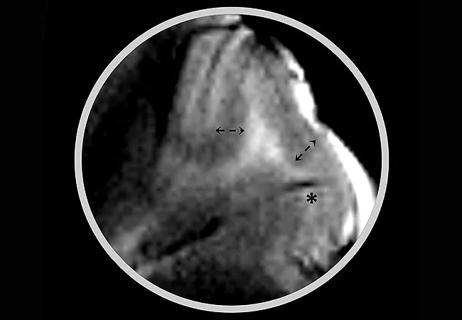
Mounting support for the newly described microstructure from a 7T MRI and electroclinicopathologic study
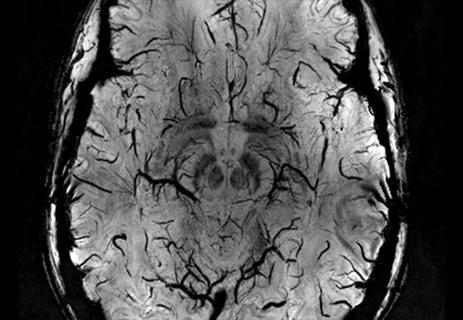
Insights gleaned from six years with the high-definition imaging technology
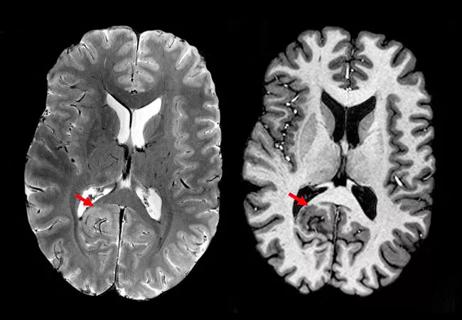
Clinically significant lesions detected in nearly half of patients with no lesions on 3T MRI
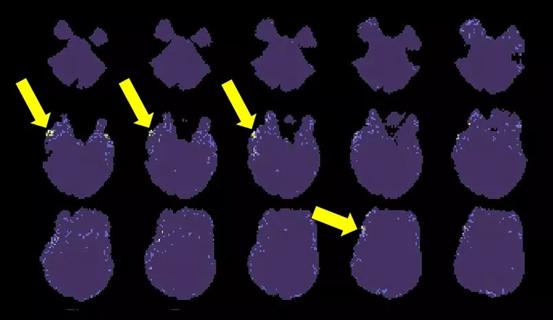
Ultrahigh field strength increases detection sensitivity and temporal resolution
Advertisement
Cleveland Clinic is a non-profit academic medical center. Advertising on our site helps support our mission. We do not endorse non-Cleveland Clinic products or services. Policy
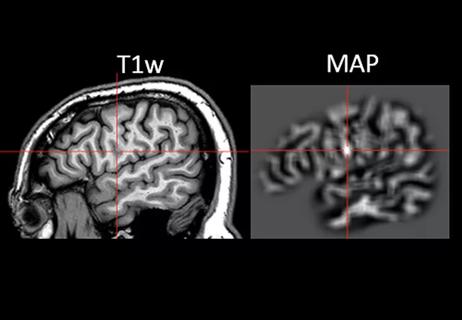
How the technique is improving noninvasive epilepsy localization
Advertisement
Advertisement